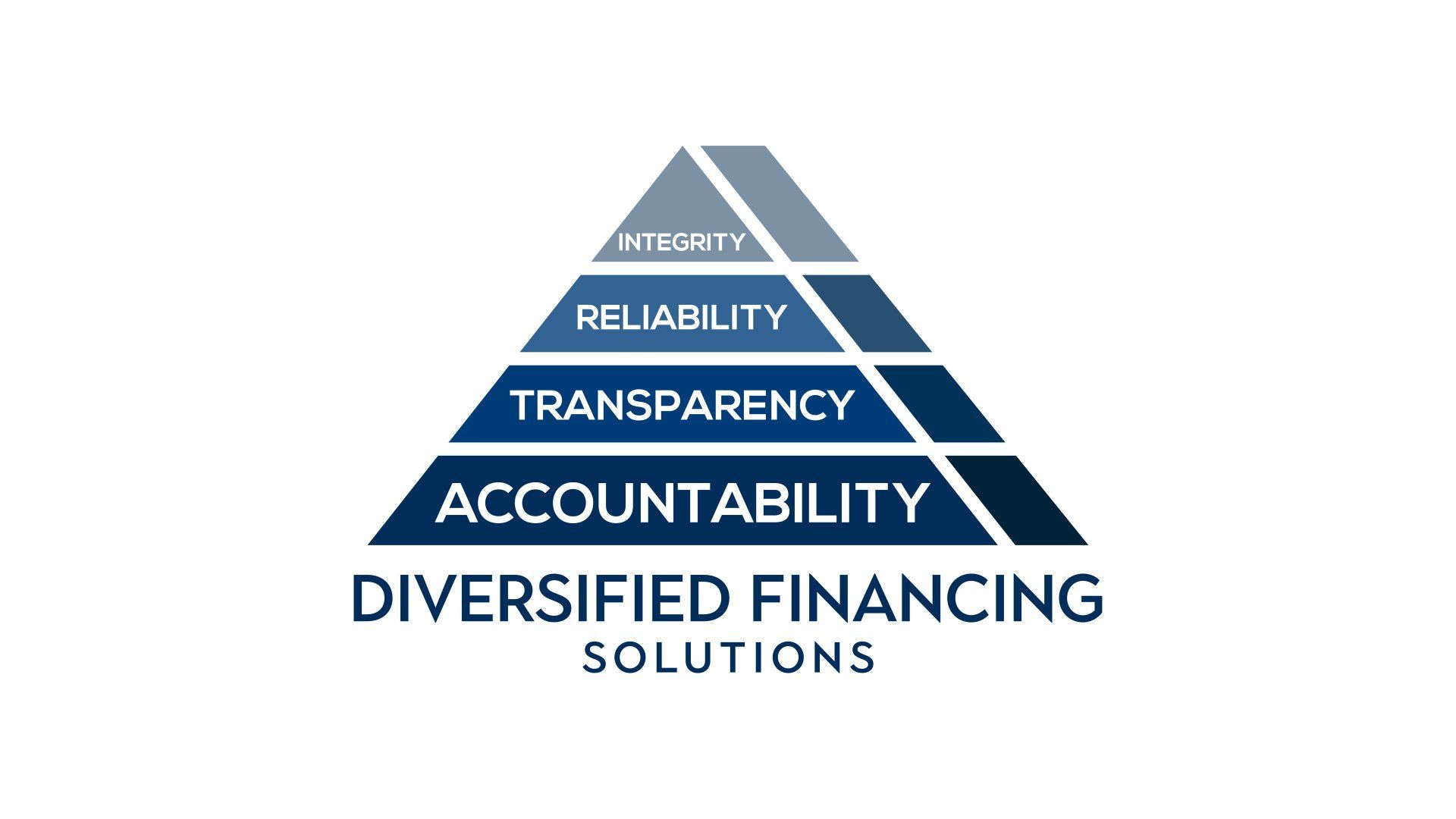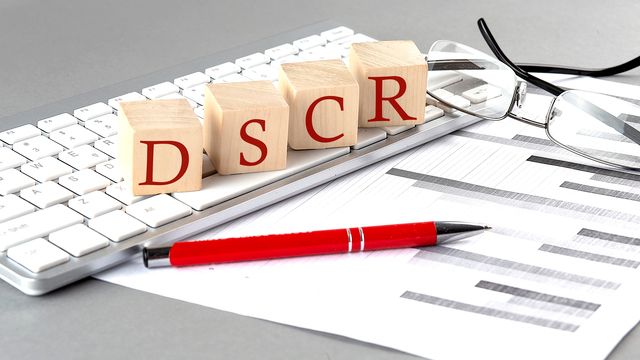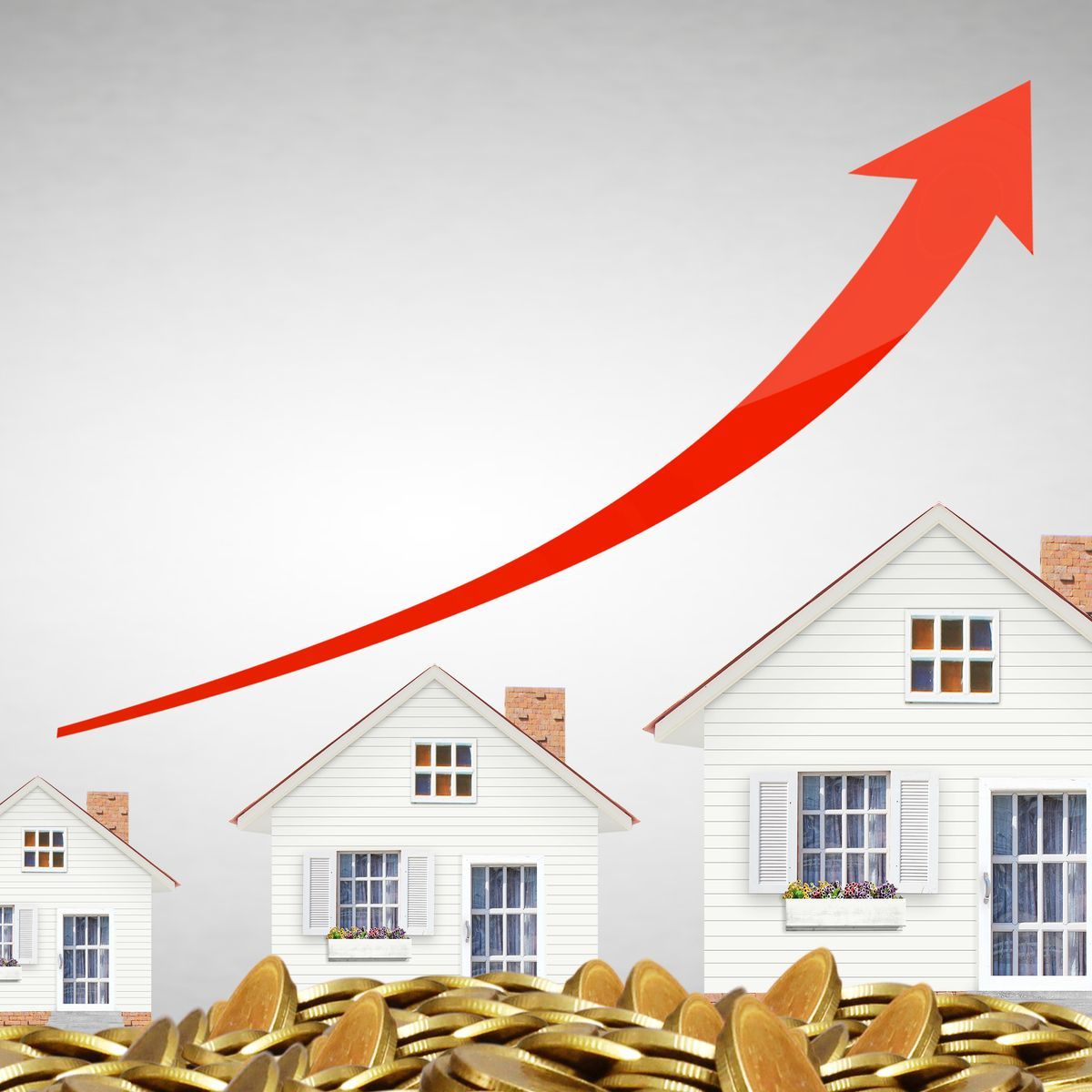What Are Investment Property Mortgage Rates?
When it comes to real estate investment, one of the most crucial considerations is the cost of financing. At the heart of this cost is the investment property mortgage rates. These rates can make a significant difference in the viability and profitability of an investment. But what exactly are they, and how do they differ from regular mortgage rates? Let's dive in.
Understanding Mortgage Rates
Firstly, it's essential to understand mortgage rates in a broader sense. A mortgage rate is the interest charged on the amount you borrow to purchase a property. This interest is the lender's compensation for providing the loan. The rate can be fixed, remaining the same over the life of the loan, or variable, adjusting based on certain benchmarks.
For residential homeowners, mortgage rates are generally influenced by broader economic factors such as the overall health of the economy, inflation rates, and monetary policy set by central banks.
Distinguishing Investment Property Mortgage Rates
Now, when it comes to mortgage rates for investment property, there are certain distinctions. These rates are typically higher than those for primary residences. But why?
- Risk Factor: Lenders view investment properties as riskier than primary homes. There's a belief that in tough financial times, borrowers are more likely to default on an investment property loan than on their primary home loan.
- Higher Turnover: Investment properties often have a higher turnover rate, leading to more wear and tear and potentially impacting the property's value over time.
- Income Generation: On the positive side, if you're renting out your investment property, it generates income. However, the rental market's unpredictability can sometimes affect an investor's ability to repay the loan.
Factors Influencing Investment Property Mortgage Rates
Several factors can influence these rates:
- Credit Score: Just as with any loan, a higher credit score can get you a better rate. Lenders see borrowers with good credit scores as less risky.
- Down Payment: The more money you can put down upfront, the better your rate might be. It reduces the lender's risk as you have more equity in the property from the get-go.
- Loan Type: The kind of investment property loan you choose, whether it's a fixed-rate or an adjustable-rate mortgage, can influence your rate.
- Property Type: Rates might differ based on whether the property is a single-family home, a multi-family unit, or a condominium.
Why Should You Care About These Rates?
The rate you secure can significantly influence your investment's return. Here's why:
- Cash Flow Considerations: A higher mortgage rate means a higher monthly payment. This can eat into the rental income you receive from the property, affecting your cash flow.
- Long-term Costs: Over the duration of the loan, a higher rate can amount to tens or even hundreds of thousands in extra interest payments.
- Profitability: If your goal is to eventually sell the property at a profit, your overall costs, including interest, play a significant role in determining your net profit.
Securing the Best Rates
So, how can you ensure you get the most favorable rates?
- Shop Around: Don't settle for the first quote you receive. Compare rates from various lenders to get the best deal.
- Boost Your Credit Score: Before applying for a loan, take steps to improve your credit. Pay off debts, ensure you pay bills on time, and check your credit report for any errors.
- Consider a Larger Down Payment: If possible, save up for a larger down payment. This not only gets you a better rate but also reduces the amount you need to finance.
- Lock in Your Rate: If you find a good rate, consider locking it in, especially if you believe rates might rise in the near future.
Economic Implications on Mortgage Rates
Every investor must keep a keen eye on broader economic trends and their potential impact on investment property mortgage rates. Economic indicators can provide clues about where these rates might be headed.
- Economic Growth: A thriving economy often signals higher interest rates. As businesses grow and jobs are created, there's a higher demand for credit, which can push up interest rates.
- Inflation: Central banks often raise interest rates to curb inflation. When prices rise rapidly, higher interest rates can help slow down consumer spending and borrowing. This can subsequently affect mortgage rates.
- Global Events: Economic disruptions in other parts of the world can have ripple effects on the U.S. economy and its mortgage rates. For instance, a financial crisis in a significant global market can lead to decreased interest rates as investors seek the safety of U.S. bonds, pushing down mortgage rates.
Types of Investment Property Loans
Beyond just mortgage rates, the type of loan you opt for can influence your investment strategy:
- Interest-Only Loans: These loans allow you to pay only the interest for a certain period, after which you start paying the principal. They can be beneficial for investors aiming for short-term investments.
- Balloon Mortgages: With this type, you might pay lower rates and monthly payments for a set period, after which you'll owe a large "balloon" payment. It's a risky choice but can work for those planning to sell or refinance before the balloon payment comes due.
- Fixed vs. Adjustable: A fixed-rate mortgage provides stability with the same rate throughout the loan. In contrast, an adjustable-rate mortgage (ARM) offers a rate that may change, usually annually, based on a specific index.
Strategy Matters
Investing in real estate is as much about strategy as it is about location. By staying informed about economic trends, understanding different loan options, and continuously reassessing your investment portfolio's performance against your goals, you can navigate the complex world of real estate with confidence and foresight. Always remember that while rates are crucial, they are just one piece of the vast investment puzzle.
Knowledge on Mortgage Rates Gives You an Edge
Venturing into the world of real estate investment is an exciting journey. However, it's crucial to be well-informed about all facets, especially the financial ones. By understanding investment property mortgage rates and the factors that influence them, you position yourself for a more profitable and smoother investment experience. Remember, the path to successful real estate investing isn't just about finding the right property; it's also about securing favorable investment property loans that align with your financial strategy.








